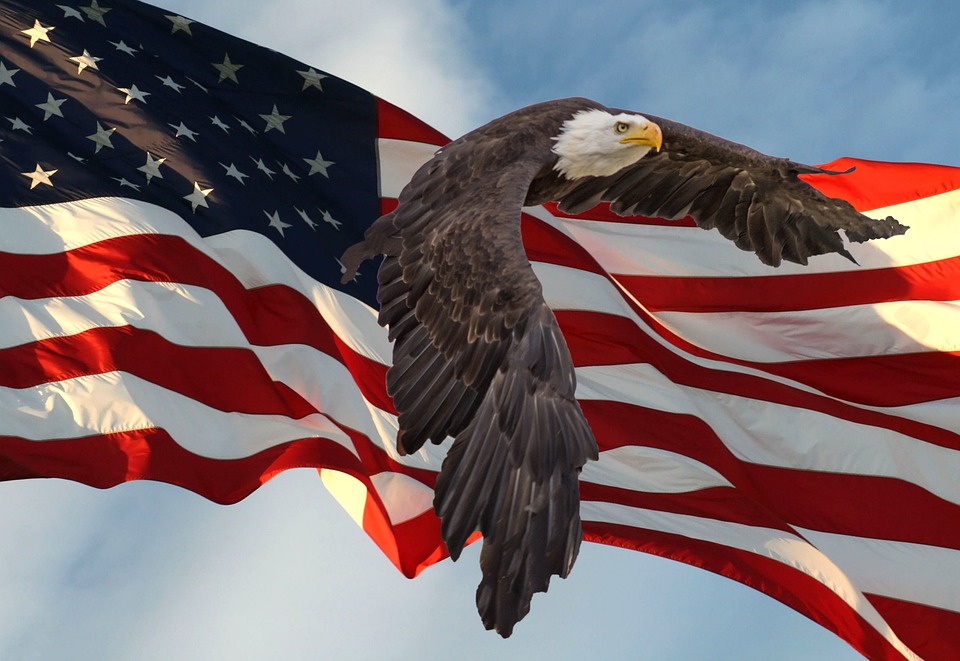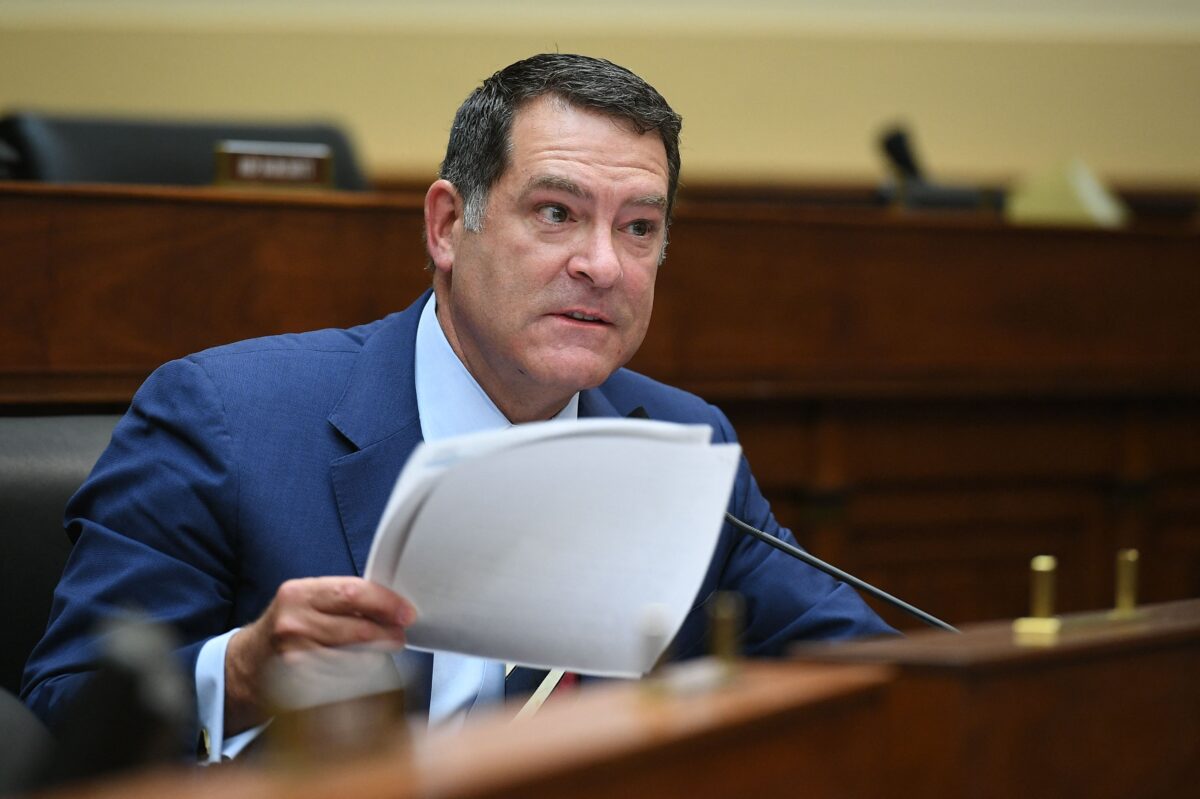What We Want You To Know
The United States’ motley crew with “no regard for combat morals” has established a strategic pincer offensive against China, ranging from the Korean Peninsula in the north to the Philippines and Australia in the south and India in the west. This has forced the Chinese Communist regime, under the one-man rule of Xi Jinping, into a war-versus-peace predicament.
Let’s be blunt: Under the threat of the U.S., China has been studiously avoiding war and keeping quiet to save face for decades. However, there are those in Taiwan who are either not quite right in the head or who have ulterior motives, who are often heard advocating that it is Taiwan that should avoid war, even asking the Taiwanese to make concessions to achieve peace.
Can Taiwan Avoid War?
Faced with a huge and ambitious enemy, Taiwan is ostensibly sitting under a sword of Damocles hanging from a single thread, in constant danger of decapitation. This sword is the threat of China’s “unification by force.”
But with all its brandishing of the sword of “reunification by force,” the Chinese Communist Party has never relinquished its grasp on it. The past 73 years have brought the CCP challenges and abuse from Presidents Chiang Kai-shek and Chiang Ching-kuo, the provocation of “Taiwan Independence” from President Lee Teng-hui, President Chen Shui-bian’s “One Country on Each Side” concept, President Ma Ying-jeou’s “No unification, no independence” sloganeering, and President Tsai Ing-wen’s “Mutual Non-subordination.” Yet with all its sound and fury and gnashing of teeth, how is it that the CCP has never been able to do more than swallow these bitter pills, rather than taking up its sword and daring to attack Taiwan?
The reason is simple. It is not because Taiwan has a knack for avoiding war, but because the U.S. stands behind Taiwan, more powerful than China and with a sword of its own at China’s neck. Year after year, it is China that has had the good sense to avoid armed conflict.
But as Chinese Foreign Ministry spokeswoman Hua Chunying and Chinese State Council Taiwan Affairs Office spokeswoman Zhu Fenglian lamented together, “The world won’t stop turning just because you want to get off.” Once the Russia-Ukraine war had shattered Russia’s paper tiger illusion, the U.S. was quick to see through Xi Jinping, Vladimir Putin’s carbon copy. The game between the U.S. and China has now completely laid bare America’s pushy state of “offense-defense switcheroo,” leaving China with no other option but to pursue the face-saving measure of avoiding war.
In fact, seen from Zhongnanhai in Beijing, the situation in 2023 is no longer looking that great.
The South Korean Turncoat
On April 18, South Korean President Yoon Suk Yeol said that, “The question of Taiwan is not just an issue between China and Taiwan, but a global issue like that of North Korea,” and China nearly had a fit. On April 26, Yoon and President Joe Biden jointly issued the Washington Declaration, in which it was reiterated that should North Korea attack South Korea, the U.S. would join South Korea in the war and would not rule out the use of nuclear weapons, and further, that the U.S. would “set a fox to keep the geese” by stationing American Ohio-class nuclear submarines in Busan.
This means that there are more than 23,000 American troops with evil designs stationed 592 miles from the capital of Seoul and that a U.S. nuclear submarine with ulterior motives lurks 764 miles away in Busan.
What makes the CCP tremble is that the Ohio-class submarine has a payload of 20 Trident II ballistic missiles, each of which can carry four nuclear warheads with a strike range of up to 4,600 miles. In other words, not only are Beijing, Shanghai, Guangzhou and Shenzhen within its effective range, but the rest of China is too.
The Philippines’ About-Face
On April 3, the Philippines announced that it would provide the U.S. with four military bases, three of which are in the northern part of the country, with the naval base in Santa Ana, Cagayan Province, only about 250 miles from Taiwan. The fourth base is located on Balabac Island off the southern tip of Palawan Island near the Spratly Islands.
In an online interview with the Nikkei on April 28, Commander of the U.S. Pacific Fleet Admiral Samuel John Paparo Jr. stated publicly that the U.S. was ready to assist the Philippines in its maritime supply missions, in response to China’s continued provocative behavior and harassment of the Philippines’ replenishment operations in the South China Sea.
On the occasion of Philippine President Marcos Jr.’s visit to the U.S., the U.S. Department of Defense also released a six-page “Bilateral Defense Guidelines” on May 3, explicitly including the South China Sea in the scope of the U.S.-Philippine Mutual Defense Treaty. It further announced that the U.S. and the Philippines would conduct joint patrols in the South China Sea starting the end of this year.
In fact, all of the above indicates that the U.S. military has returned to the Philippines, through which they have also connected Australia’s Darwin Harbor and Singapore’s Strait of Malacca, thus establishing a blockade around China in the South China Sea. This, in turn, has brought about the complete collapse of China’s long-held and painstaking scheme to “nibble at the South China Sea to swallow up Taiwan.”
What’s contributing even more to Xi’s sense of disgruntlement is that, together with its band of brothers with “no regard for combat morals” (Japan and South Korea in the north, the Philippines and Australia in the south, and India in the west), the U.S. has mounted a strategic pincer offensive against China. The Chinese Communist regime, under Xi’s one-man rule, has fallen into a war-versus-peace predicament.
Should China continue to keep quiet, saving face and avoiding war? Or should it follow the example of “Primordial Chaos Tai Chi” Grandmaster Ma Baoguo, and bravely accept the U.S. challenge?
All we in Taiwan need do is to stand our ground, be on the alert and help Beijing keep count of how many rounds China can really survive, before it is KO’d by the new U.S. “Eight-Nation Alliance,” never to rise again.




















































